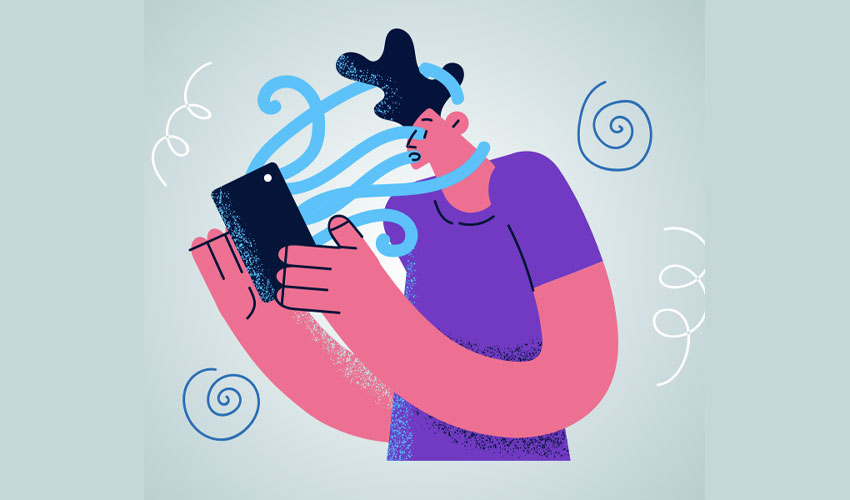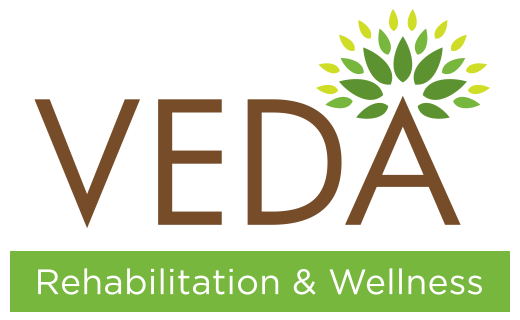In today’s digital age, access to pornography is easier than ever before. With just a few clicks, anyone can access an endless array of explicit content. While some may indulge in pornography occasionally without any negative consequences, for others, it can lead to a compulsive behavior known as pornography addiction.
What is Porn Addiction?
Pornography addiction, also referred to as compulsive sexual behavior disorder or problematic pornography use, is a condition characterized by an individual’s inability to control their consumption of pornographic material despite negative consequences. Like other forms of addiction, pornography addiction can have serious ramifications on an individual’s personal and professional life, as well as their mental and physical health.
What can Cause Porn Addiction?
Understanding the root causes of pornography addiction can be complex, as it often involves a combination of biological, psychological, and social factors.
- Brain Chemistry: Consuming pornography triggers the release of dopamine, a neurotransmitter associated with pleasure and reward. Over time, individuals may develop a tolerance to the effects of dopamine, leading to increased consumption to achieve the same level of satisfaction.
- Psychological Factors: Past trauma, low self-esteem, and underlying mental health conditions can contribute to the development of pornography addiction. Pornography may be used as a coping mechanism to alleviate emotional distress or escape from reality temporarily.
- Social and Cultural Influences: Cultural attitudes towards sex and sexuality, as well as easy access to pornographic material online, can normalize and perpetuate addictive behaviors. Peer pressure, societal expectations, and media portrayal of sex can also play a role in shaping attitudes towards pornography.

How to Recognize the Symptoms of Porn Addiction
- Compulsive Porn Consumption: Spending excessive amounts of time viewing pornography, often to the detriment of other responsibilities and interests.
- Difficulty Controlling Behavior: Unsuccessful attempts to cut back or stop consuming pornography, despite a desire to do so.
- Preoccupation with Pornography: Constantly thinking about pornography, planning when to watch it next, and experiencing intense cravings or urges to view explicit content.
- Negative Impact on Life: Experiencing negative consequences in various areas of life, such as relationship problems, decreased productivity, and emotional distress.
- Escalation of Content: Needing to consume increasingly extreme or taboo pornography to achieve the same level of arousal.
- Interference with Daily Activities: Allowing pornography consumption to interfere with daily activities, social engagements, and work responsibilities.
- Continued Use Despite Consequences: Continuing to engage in pornography consumption despite being aware of its negative impact on relationships, mental health, or overall well-being.
- Loss of Interest in Other Activities: Losing interest in previously enjoyed activities or hobbies in favor of consuming pornography.

How Porn Addiction Affects One’s Life
Pornography addiction can have a wide range of negative effects on an individual’s life, affecting their relationships, work, and overall well-being. Some common effects include:
- Relationship Problems: Excessive porn consumption can lead to intimacy issues, decreased sexual satisfaction, and conflicts with partners. Trust issues may arise if one partner feels betrayed or neglected due to the other’s addiction.
- Mental Health Issues: Pornography addiction is often associated with anxiety, depression, and feelings of shame or guilt.
- Sexual Dysfunction: Over time, pornography addiction may lead to desensitization to sexual stimuli, erectile dysfunction, and difficulty achieving orgasm during real-life sexual encounters.
Recovery from Porn Addiction:
Recovering from pornography addiction is possible with the right support and resources. Here are some steps individuals can take to overcome pornography addiction:
- Seek Professional Help: Consider seeking therapy from a licensed mental health professional who specializes in treating sexual addiction. Cognitive-behavioral therapy (CBT), and addiction counseling can be effective in addressing underlying issues and developing coping strategies.
- Limit Exposure to Triggers: Identify triggers that contribute to your pornography consumption and take proactive steps to avoid or minimize exposure to them. This may involve using internet filtering software, setting boundaries with technology use, and finding alternative activities to occupy your time.
- Build Healthy Coping Mechanisms: Find healthy outlets for stress and emotional regulation, such as exercise, mindfulness meditation, or creative hobbies. Developing healthy coping mechanisms can help reduce the urge to turn to pornography as a form of escape.
FREQUENTLY ASKED QUESTIONS
Q1. What are the long-term effects of porn addiction?
Long-term effects can include relationship problems, decreased sexual satisfaction, mental health issues such as anxiety and depression, and sexual dysfunction.
Q2. Is porn addiction considered a mental illness?
Yes, pornography addiction is recognized as a type of behavioral addiction and is often classified under compulsive sexual behavior disorders.
Q3. What are some common triggers for pornography addiction?
Triggers can vary but may include stress, boredom, loneliness, access to the internet, certain environments, or specific emotional states.
Q4. Are there any physical health consequences associated with porn addiction?
Yes, physical health consequences may include sexual dysfunction, such as erectile dysfunction or delayed ejaculation, as well as fatigue and sleep disturbances.

